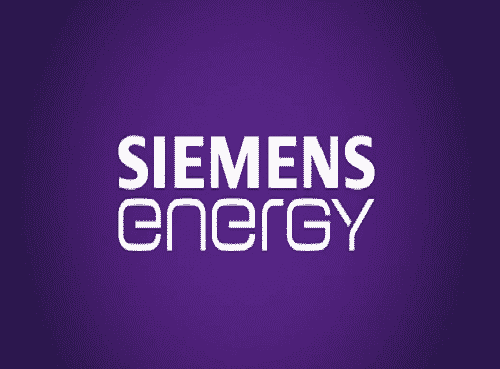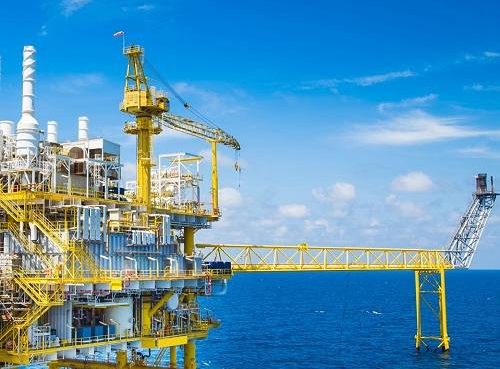Engineer Johnny Esike is the Director, Midwest Industry Gases Limited/Gonzena Hydrocarbons & Energy Limited. He is a Nigerian who believes in science and technology to move the country forward.
Presently, his company is in Edo state carrying out underground gas installation process, a project he initiated to save lives and property in Nigeria, considering the high level of lost the country has experienced on surface gas plants installation, and other issues he discussed.
Presently your company is Edo state installing underground gas plants, how did you come about this?
In the last one and half years, we have been into gas plant installation which is the easiest way to reduce gas explosion to the bearest minimum. We started with Edo state and we are trying to see how the state can adopt it using underground tanks for gas storage like we have in petrol stations. I have been to overseas and I discovered that gas tanks are built underground and automatically that helps to eliminate explosions. So we are trying to replicate that in Nigeria especially in residential areas where such explosions can take a lot of lives.
We are also trying to convince government agencies to encourage entrepreneurs and investors in the gas industry to start building underground storage tanks for their Liquefied Petroleum Gas (LPG) plants especially in residential areas like we have it in petrol stations. We have done one or two of that already and that is the first in the country. But the challenges we are facing is that government agencies are not responsive to new changes, they are interested in how much money you are bringing to the table. What we are canvassing is that Nigeria should start building gas plants under ground and when that is done, you have reduced explosion to zero.
Why is Nigeria doing surface tanks?
They are building surface tanks because people are used to that. And what most of them investing in the gas industry do is buy tanks, get approval from government and install it then start operation. Whereas, before you start building LPG plants in residential areas, the first thing that should come to mind is safety of the people living around that area. But what we have is that since one person had built his own on the surface, other people follow the same step, and that becomes a major challenge.
Did you consider cost implications, probably surface tanks are cheaper?
Yes! Surface tanks are cheaper to build, cheaper to install and also cheaper to operate. But those who live around those installations are subject to risk, explosions, leakages, human errors and all manners of risk involved. We took time to study the industry and we have had different explosions in cities, communities of the country. For instance, Nnewi, Onitsha, Benin etc. In Lagos, about two explosions had taken place in the last one year, one in Warri, Asaba and other places. But each time I travelled to abroad, I realised that explosions don’t take place. I see most of the tanks they use for gas especially for cars are buried. So, there is no way explosion can take place because gas tanks are buried. But if it is built on the surface and there is fire in a gas plant where it is exposed to high temperature, the temperature inside the tank will exceed the weather pressure, the next thing you see is tank explosion, killing people all over the places. But if the place is covered with sand, reverse will be the case. This is what we are trying to focus in the last one and half years now, building gas plants underground to save lives and property.
What have you done to get government and stakeholders to support this initiative?
We have in the past one year and half years be meeting those we know that can promote and support the initiative. Government agencies especially in Edo state and we are trying to bring it to Lagos. As a matter of fact we planned a presentation with Lagos state officials, environmental and town planning officials. We just hope we get an urgent approval of the permanent secretary of the ministries to convince investors to start building LPA plants underground especially in residential areas and that is the safest thing to do. But unfortunately government agencies don’t even want to listen to know what you are doing. Everybody is interested in the amount of money you are bring to the table. And this is not only in the oil industry, it is virtually in all the sectors.
For instance, if you are building a factory, non of them wants to come there to encourage you and know what you are doing; their concern is how much are you giving them. When you finish building the factory, the tax man will start asking you for taxes even when operation in the factory has not commenced. So, we have a lot of challenges with government agencies that don’t do their job but only interested in money. That makes investment climate very unattractive. The menace is very peculiar with Nigeria. It is not so with other African countries. Other African countries would be happy seeing you coming to invest in their country. They would want to encourage you, even help you to carry out what you want to do. In Nigeria reverse is the case, everybody wants money and that has affected our rational thinking.
How can we handle these challenges?
If those at the leadership level refuse to compromise, it will trickle down to the lowest person. If the leadership is serious with anti-corruption crusade and the President displays that character with his closest ministers, and it will be that this government is really serious to reduce corruption, it will tickle down the system. If the man at the top doesn’t take bribe, every other person will be afraid to take it, and it will be reduced to the bearest minimum. Let those in the leadership display the character of anti-corruption, others will follow suit.
On the aspect of reducing cash transaction, the government is trying by eliminating cash transactions in the system especially in the government circles. The issue is that government agencies need to be clearly defined and refined so that when you bring your business, they will handle their job properly. For instance if you go to an agency for approval, within a week you receive your approval and this will encourage investment from abroad and would reduce unemployment in Nigeria. What you want to do comes first.
Banks encouraging cashless transaction…
The cash exchanging hands is not as a result of government policy. It just that individuals want to collect bribe by all means. The maritime sector in particular has been alleged as corrupt organisation. For you to break that corruption circle, the man at the top must display the spirit of anti-corruption campaign. For instance, I have a case in the court, my goods cleared in Lagos had been impounded along Ore/Benin road, and I was asked to pay N2.5m Naira but I refused to pay. As I speak here, my gas tank truck with the vehicle had been there since September 2018. This can discourage investors. So, what we are talking about goes beyond talking, we must act it to achieve results. Any time you want to clear your goods in our ports, you will pay irrelevance fees, something you can’t encounter in other African countries. Fees payable to government agencies should be streamlined by appointing one agency to do the collection and that is another way of reducing corruption.
Source: Vanguard
Total Views: 166 ,
0
0










